Prehistoric Britons loved eating cheese 6,000 years ago, according to new finds
A team from the University of York have found evidence of milk consumption in prehistoric British farmers.
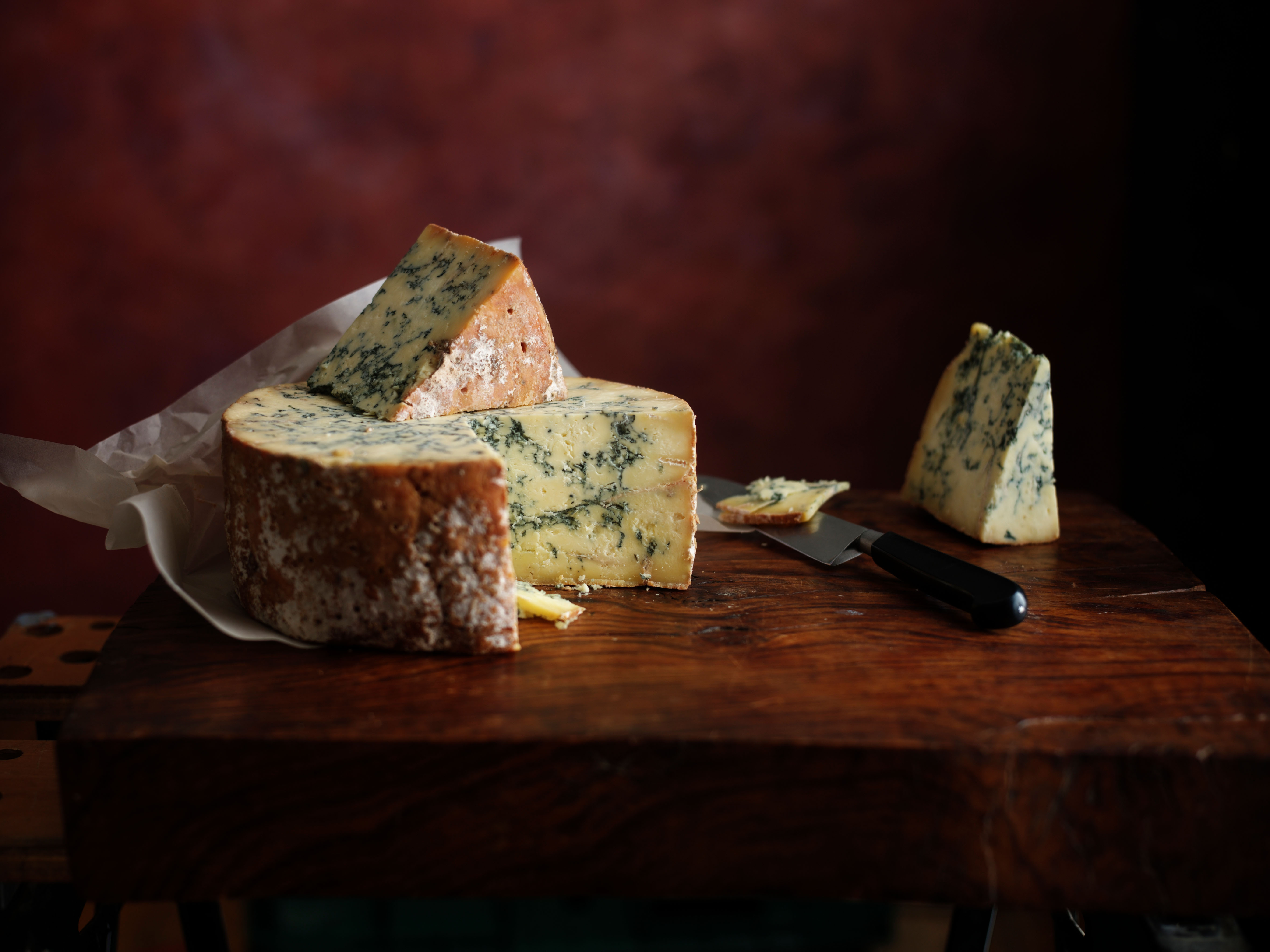
Researchers taking samples from Neolithic remains from British sites have discovered the earliest evidence of milk consumption in humans.
The team, led by archaeologists at the University of York, took dental plaque samples from seven individuals who lived around 6,000 years ago.
The ancient human remains tested in the study come from three different Neolithic sites — Hambledon Hill and Hazleton North in the south of England, and Banbury Lane in the East Midlands.
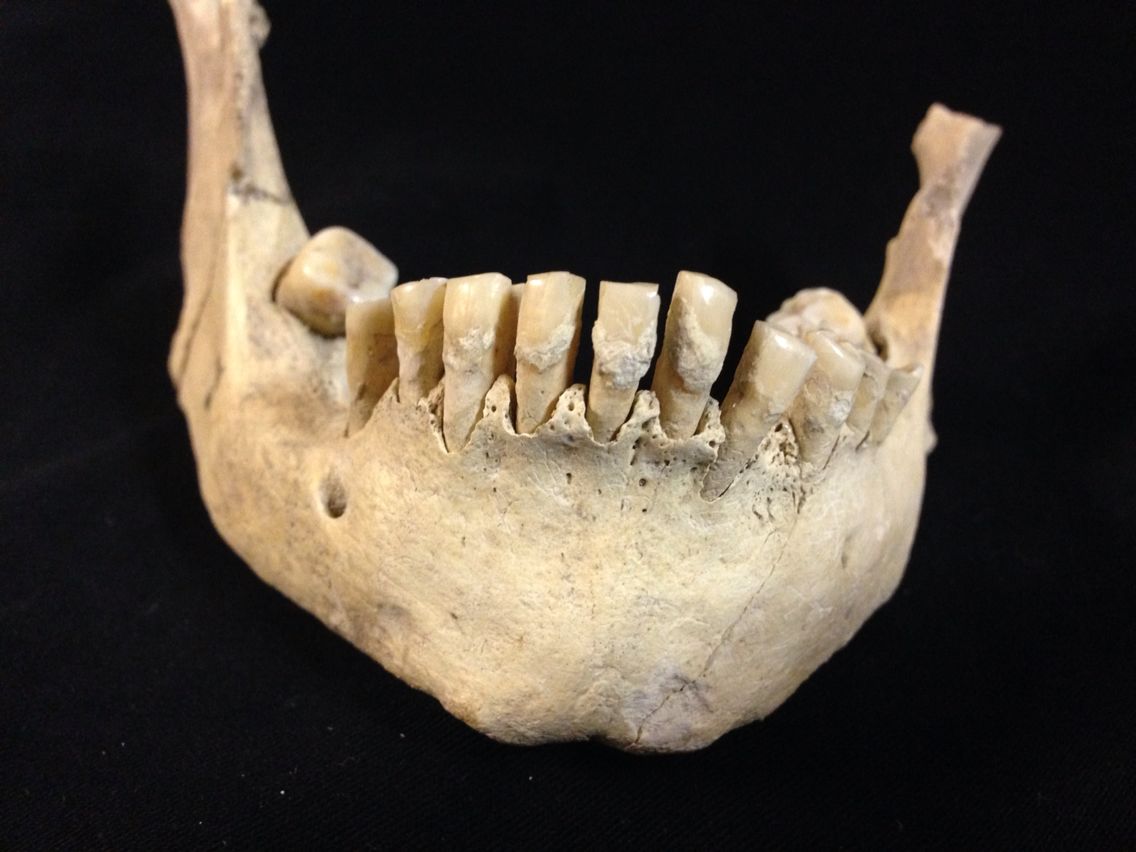
The remains from all three sites showed the presence of milk proteins from cows, sheep or goats, suggesting people were exploiting multiple species for dairy products.
'The fact that we found this protein in the dental calculus of individuals from three different Neolithic sites may suggest that dairy consumption was a widespread dietary practice in the past,' said lead author of the study, Dr Sophy Charlton, from the Department of Archaeology at the University of York.
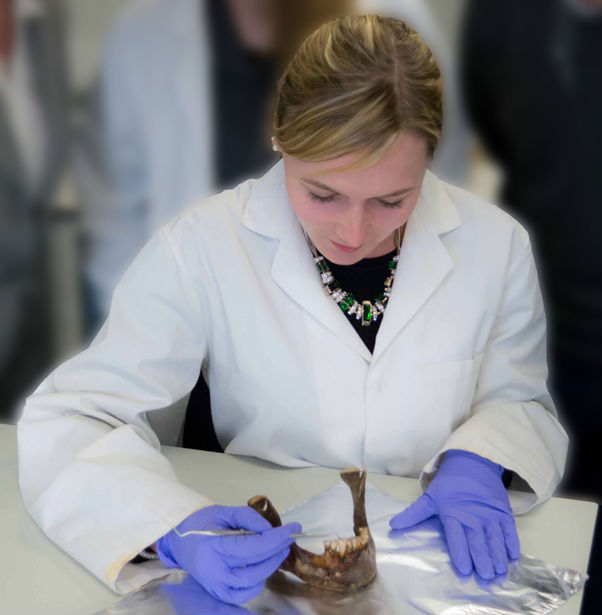
'It would be a fascinating avenue for further research to look at more individuals and see if we can determine whether there are any patterns as to who was consuming milk in the archaeological past — perhaps the amount of dairy products consumed or the animals utilised varied along the lines of sex, gender, age or social standing.'
Recent genetic studies suggest that people who lived at this time did not yet have the ability to digest the lactose in milk. To get around this, the ancient farmers may have been processing milk into other foodstuffs, such as cheese, the researchers say.
Exquisite houses, the beauty of Nature, and how to get the most from your life, straight to your inbox.
'Because drinking any more than very small amounts of milk would have made people from this period really quite ill, these early farmers may have been processing milk, perhaps into foodstuffs such as cheese, to reduce its lactose content,' added Dr Charlton.
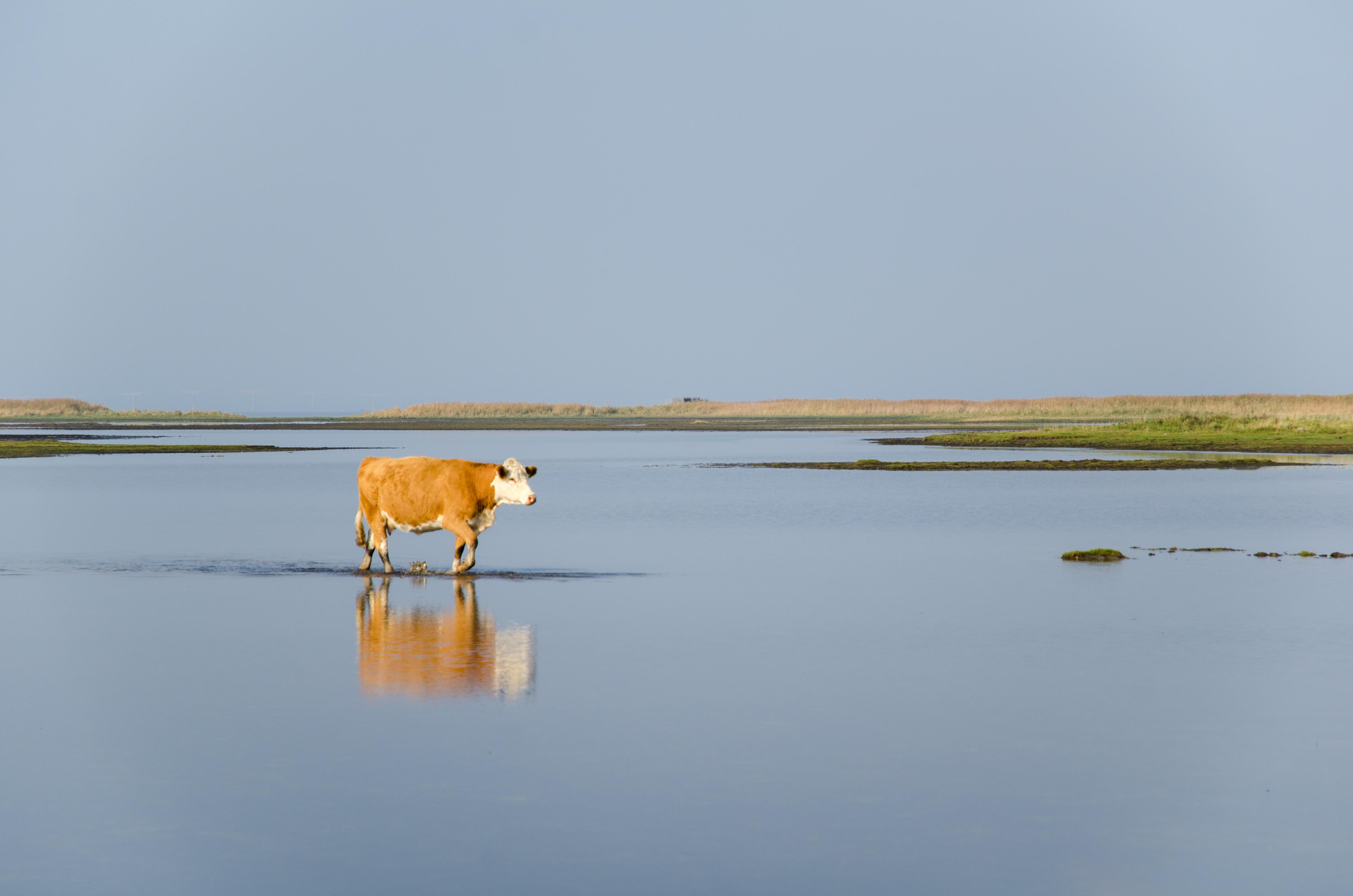
Credit: Alamy Stock Photo
Making waves: Could floating dairy in Europe's busiest port pave the way for future farming?
Cows enjoy beer-infused hay on the world's first offshore dairy farm in the Netherlands.
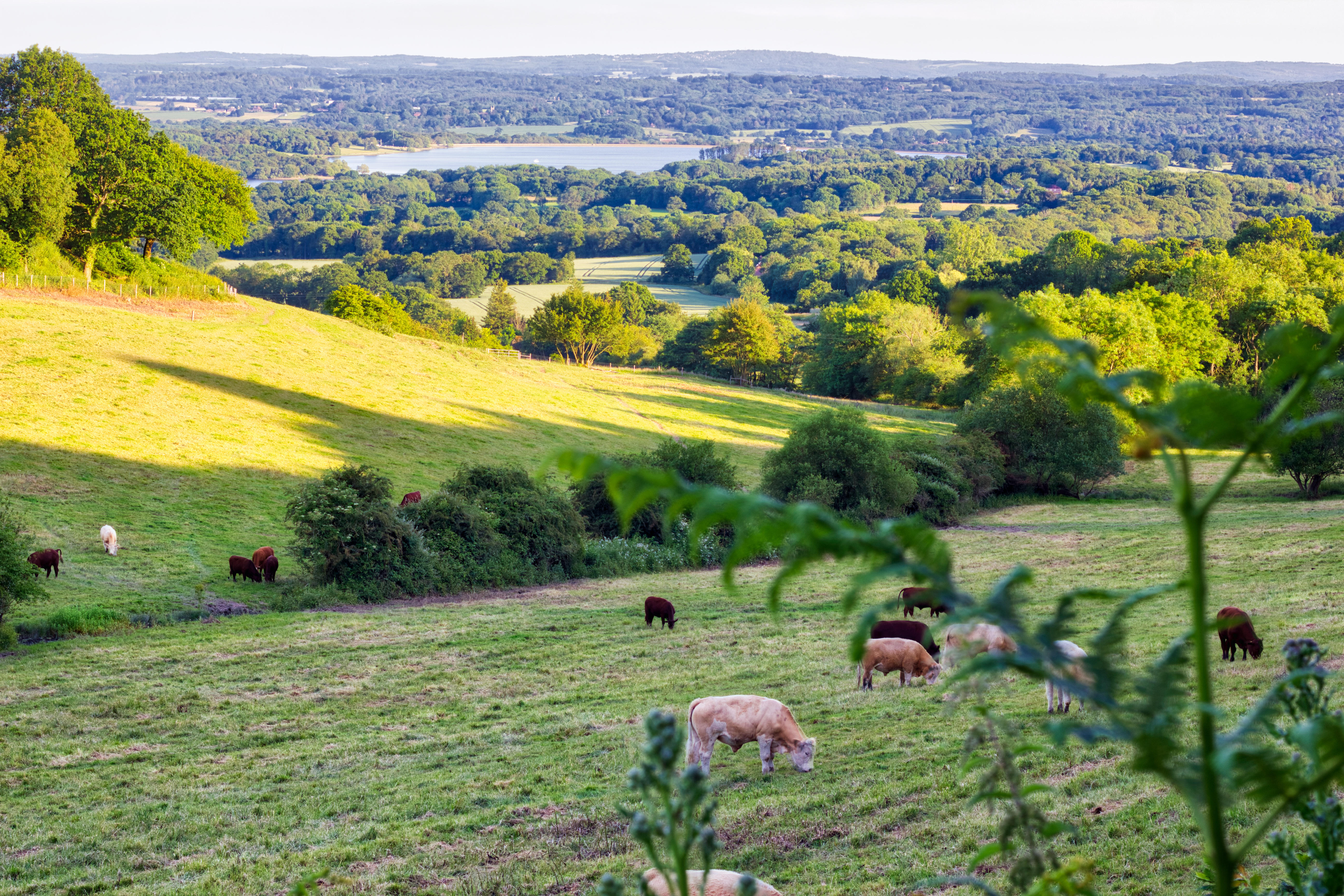
#BackBritishFarming day: Eager sheepdogs, bouncing calves and tractor FaceTime
Today (Wednesday 11 September, 2019) is #BackBritishFarming day, a chance to promote and protect this vital sector for future generations.